The CAP strategic plan 2023-2027 which has been submitted to the European Commission for approval includes proposals which will bring about significant changes to the manner in which entitlement values are determined and traded from 2023 onwards.
These proposed changes are already having an effect on the trading environment.
Auctioneers specialising in the business report the rate of trading in 2022 is slower than other years, due partly to people coming to terms with the changes and there is plenty of confusion present also.
The changes on the horizon for entitlements are complex
There is no real change to the value of entitlements changing hands in 2022, but there is an increase in the number of entitlements available for sale.
The changes on the horizon for entitlements are complex but a brief summary of the main aspects are explained as follows.
Clawback
There are two changes to consider in terms of clawback.
An amnesty on the current clawback of 20% on entitlements sold without land will be introduced for 2023 and 2024.
A new 10% clawback rule is being introduced where a farmer leases out greater than 80% of their entitlements for less than five years
The 20% clawback rule on the sale of entitlements without land will return in 2025.
A new 10% clawback rule is being introduced where a farmer leases out greater than 80% of their entitlements for less than five years.
For example, if a farmer leases out 10 entitlements for four years he will lose one entitlement each year to the National Reserve. The Department states this is one of a number of measures it is taking to encourage the handover of entitlements to active farmers.
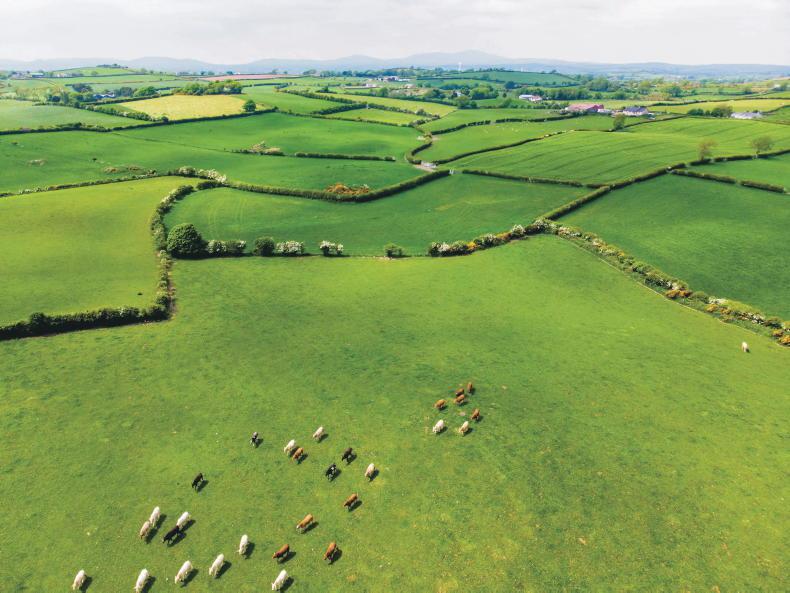
Active farmer definition
Basic Payment Scheme (BPS) applicants can currently receive their BPS payment without demonstrating any farming activity.
This is set to change and from 2023 livestock farmers will have to maintain a minimum stocking rate of 0.1LU/ha while farmers with crops may be asked to present proof of activity and those without land or crops will be asked to prove they are providing an environmental benefit.
There are 10,500 farmers in this category currently receiving payments of €32m in 2021, or an average of €3,700 each.
Convergence
The convergence of payment entitlements will continue and increase from 60% in the current CAP to 85% in the next CAP.
This means all entitlement values will reach a minimum value of at least 85% of the planned average unit amount, ie 85% of €158.68 by 2026 (€134.88).
There will be a static category between 90% and 100% while entitlement values above the average will be reduced annually to fund an increase in lower-value entitlements.
Eco schemes and CRISS
Twenty-five per cent of direct payments will be allocated to funding the eco-schemes budget in the next CAP. This will significantly affect high-value entitlements.
Based on the Department’s assumption of 85% of applicants participating in eco schemes, the payment will be €77/ha.
An important point to note here is that this payment is irrespective of entitlements being held, meaning this value will be lost from the value of entitlements traded.
CRISS
Similarly, 10% of all direct payments will be allocated to funding the Complementary Redistributive Income Support for Sustainability (CRISS). The payment, commonly known as front-loading, will be €43.14/ha paid on a maximum of 30ha. This too will influence demand for entitlements, with farmers with 30ha and 30 entitlements not in a position to draw down a CRISS payment from additional entitlements leased in or purchased.
Land eligibility
Landscape features such as scrub will be allowed occupy up to 30% of the reference parcel without a deduction to the eligible area being required, provided that they do not affect the agricultural activity.
In cases this will increase the area of land available to draw down entitlements and reduce the need to lease or sell surplus entitlements.
David Quinn, Carnew Mart, Co Wicklow, reports a significant increase in the availability of entitlements for sale. In recent years this was as low as 5% of their business but it has increased to over 15% to date in 2022.
Entitlements worth €250 to €400, including Greening, are trading for about 2.5 times their value, with some higher-value entitlements selling for up to 2.7 times their value.
He attributes the increase in the sale of entitlements to some farmers fearing there could be significant disruption to the market in 2023 and the possibility of more entitlements available for sale reducing their potential value.
Liam Mullins from Liam Mullins and Associates, Mallow, Co Cork, has also witnessed a significant increase in the number of entitlements available for sale this year.
He says that for those selling entitlements, the value of the Greening payment and an average price of 2.5 times their value is more appetising, even with the 20% clawback rule, than waiting until 2023 and entitlement values being lower and demand potentially tempered due to eco schemes and CRISS.
Liam said there is no problem selling entitlements with a value in the region of the national average or lower, with buyers harder come by for higher-value entitlements.
Some prospective buyers are holding off from purchasing such entitlements as they see that their value could be considerably lower in 2023, with higher-value entitlements also trading in the region of 2.5 times their value.
With regards to the leasing of entitlements from 2023 onwards, Liam says there will be major challenges in complying with the five-year rule.
“We [auctioneers] provide security in the leasing of entitlements by collecting payment up front. If there is no mechanism whereby entitlements can revert to the lessor if an upfront payment is not provided annually by the lessee, then there will be a huge reluctance to enter in to deals.”
Joseph Naughton, auctioneer in Ballinasloe, Co Galway, says the rate at which deals have been completed has been slower than recent years. He says part of the delay can be attributed to farmers having more time in the last two years due to COVID-19, dealing now with other concerns such as escalating input costs and confusion over a lack of clarity surrounding proposals under the next CAP.
He is encouraging farmers to act sooner rather than later on entitlements with the potential for a busier trading environment and less time to explore available options as the BPS deadline approaches.
Similar to others specialising in the business, the best demand is for lower-value entitlements at present, with sales balancing with demand.
The company’s main business is still also in one-year leases, with typical deals at 58% to 60% of the value of entitlements reverting to the lessor and the remainder to the lessee for entitlements in the region of €250 to €400. This increases to 70% to 75% for some high-value entitlements of €500 to €600 upwards and reduces to 50% for low value entitlements.





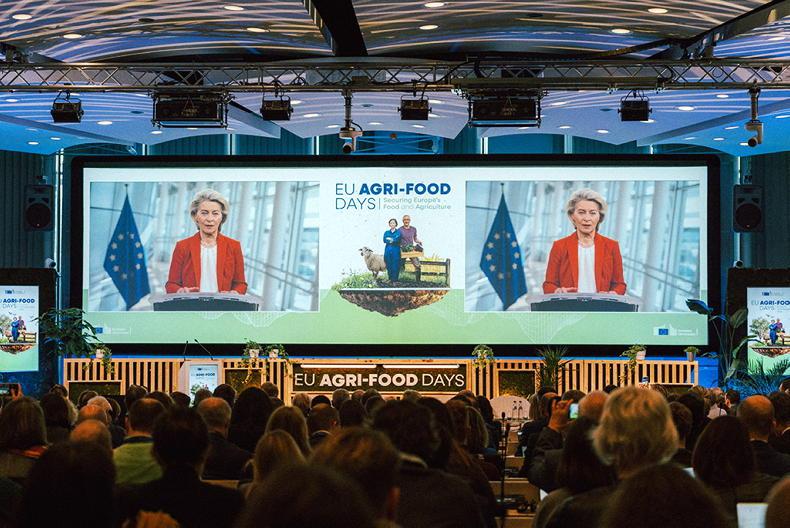

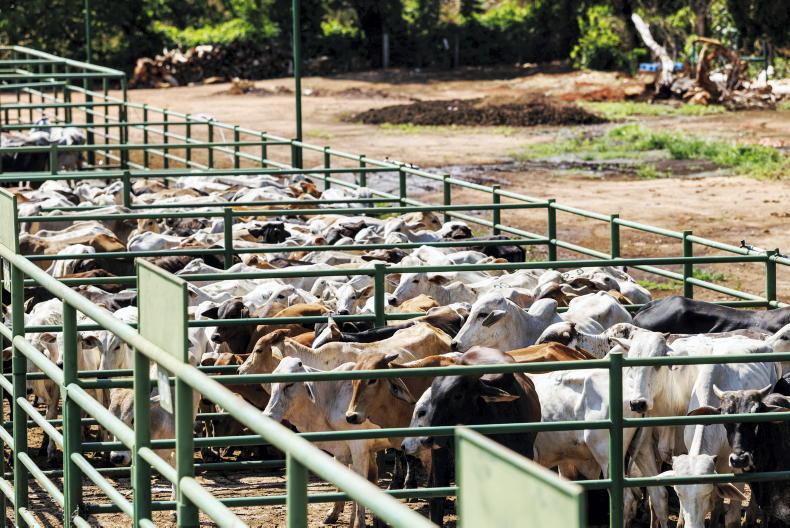
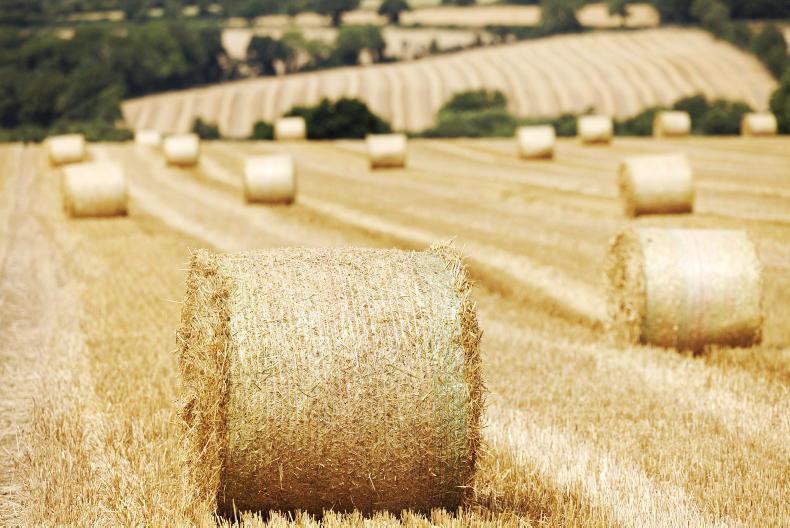
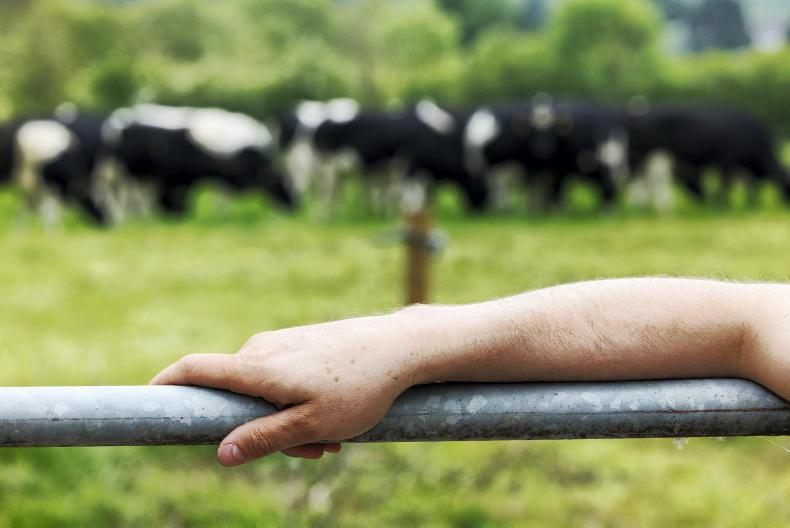
SHARING OPTIONS